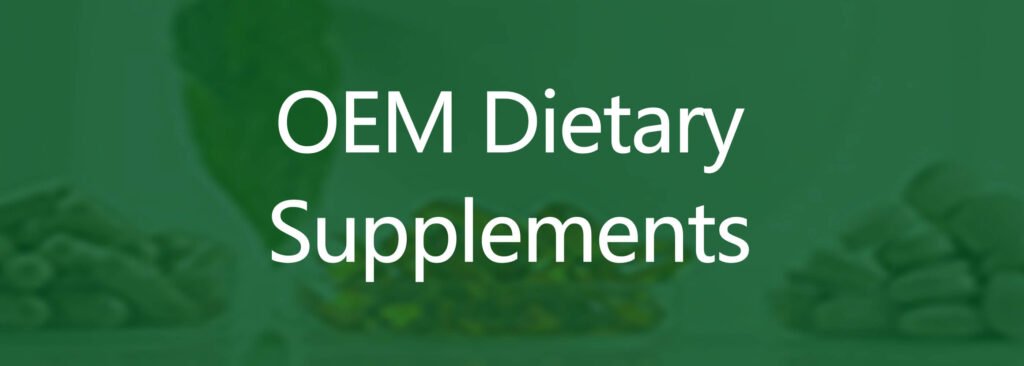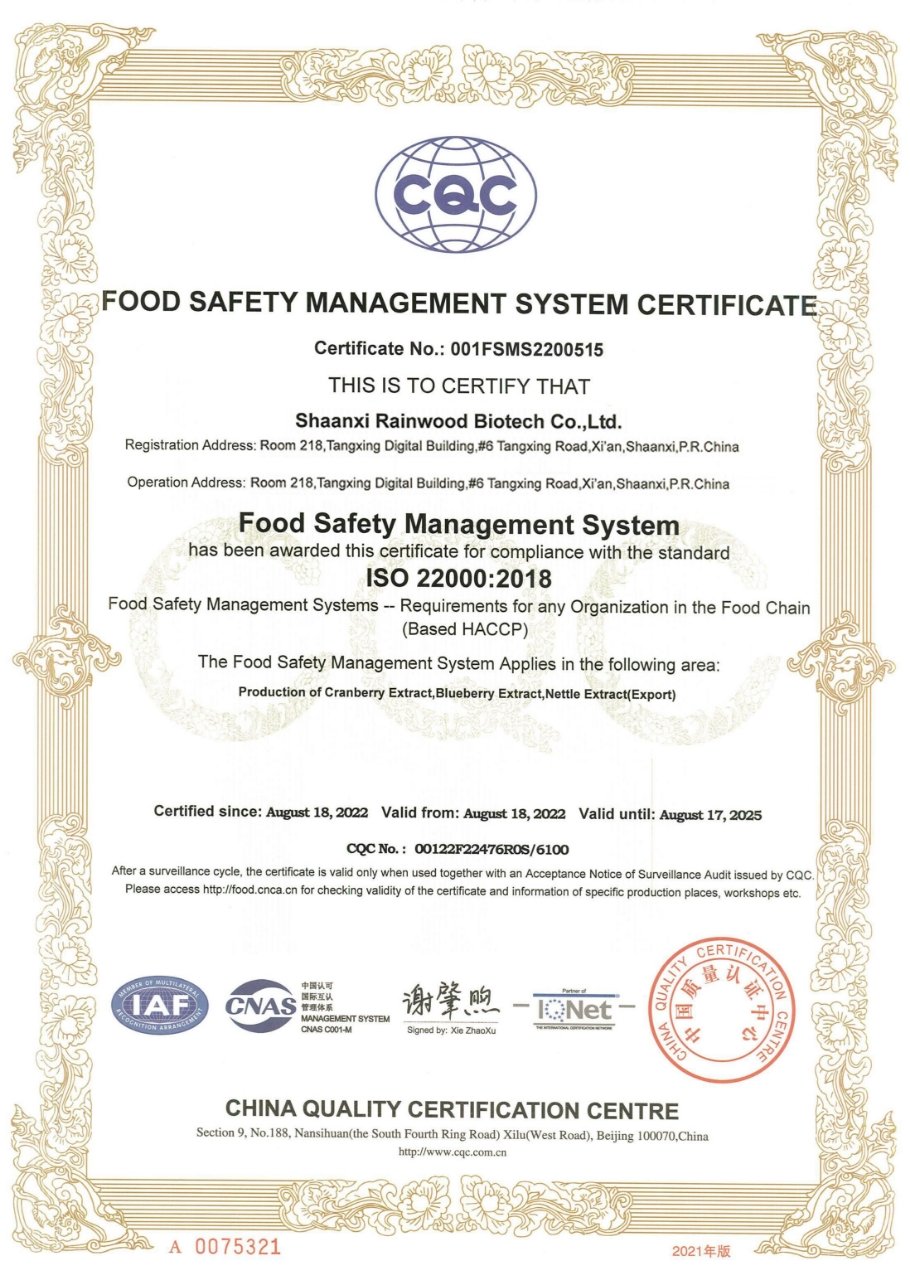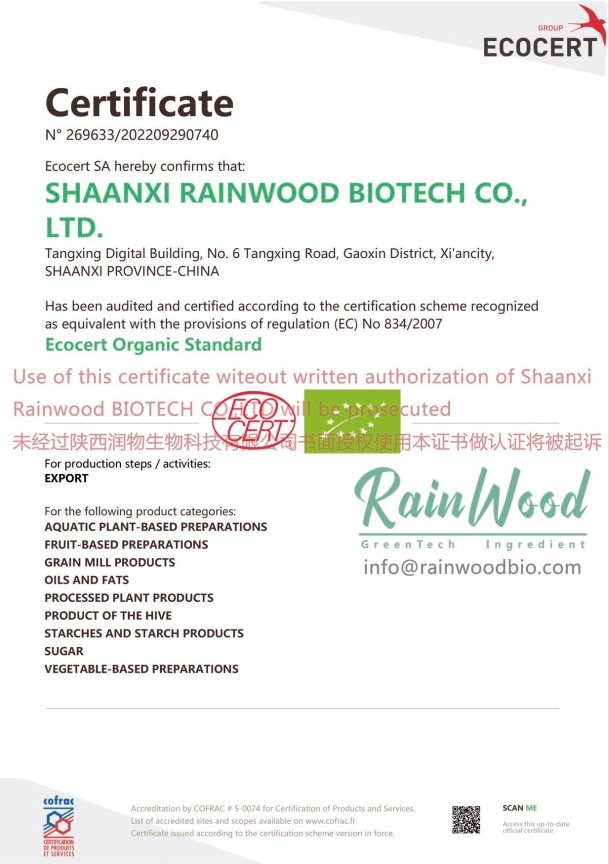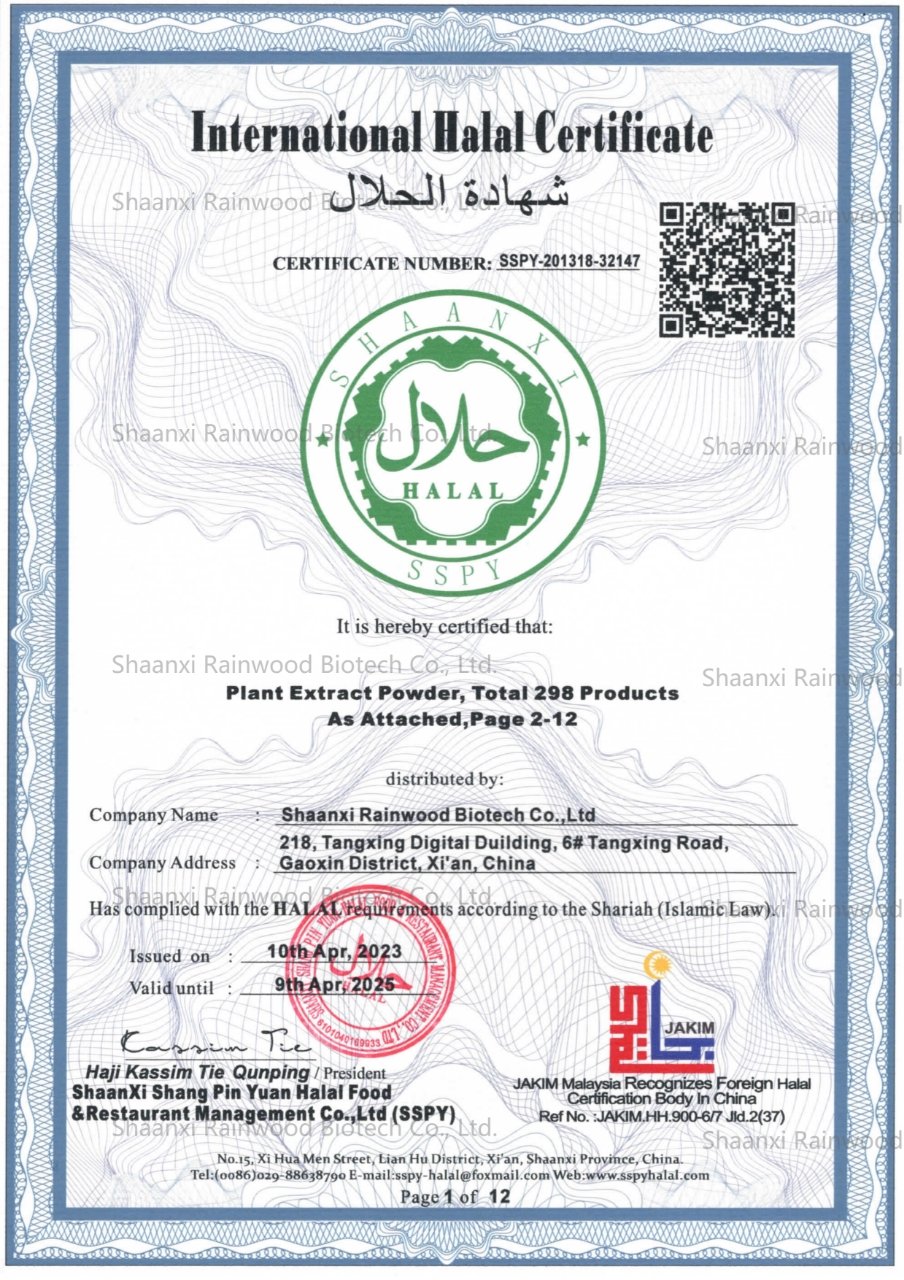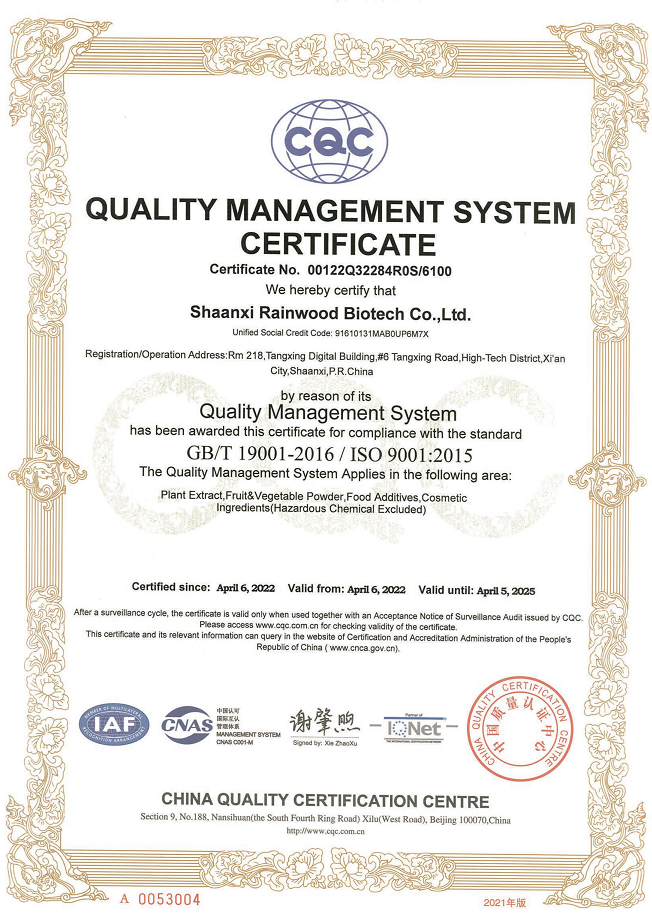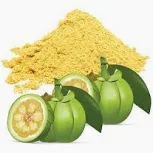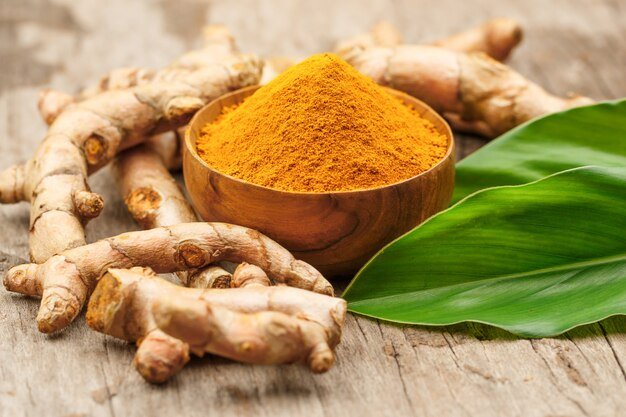Phytosterols are hailed as “the key to life” by scientists. World Heart Organization, American Heart Association, British Heart Foundation, German Society of Nutritional Medicine and Dietetics, Australian Heart Association and other world authoritative organizations are strongly recommended; 47 countries around the world recognize and apply it in the food field.

Shaanxi Rainwood Biotech Co., Ltd. have professional production of Phytosterol and other products for 15 years, is recognized as a professional plant extract manufacturers
https://www.rainwoodbio.com/products/phytosterol/
Phytosterols-what exactly are they?
This starts with understanding cholesterol. The relationship between high cholesterol and cardiovascular disease is already common knowledge that most people know. The World Health Organization\’s survey also shows that one-third of cardiovascular diseases worldwide are caused by high cholesterol. But in fact, cholesterol is also good or bad: the high-density cholesterol is called \”good cholesterol\”, which can help build cell membranes, synthesize hormones, and cleanse the arteries, while low-density cholesterol, or \”bad cholesterol,\” is just the opposite.

What is cholesterol
Cholesterol is an important substance produced by the liver, and an indispensable substance for human tissue cells. Cholesterol exists in lipoproteins in the blood, and its existence forms: low-density lipoprotein cholesterol, high-density lipoprotein cholesterol. Usually we call low-density lipoprotein cholesterol bad cholesterol, and high-density lipoprotein cholesterol good cholesterol. Bad cholesterol carries cholesterol from the liver to other parts of the body. Good cholesterol helps remove cholesterol from cells and transport excess cholesterol back to the liver. Excessive bad cholesterol is a precursor to cardiovascular disease. When we usually talk about high cholesterol, we mean: Bad cholesterol is high and total cholesterol is high.
The nemesis of bad cholesterol
Who is the nemesis of bad cholesterol? Phytosterols! Phytosterols naturally exist in our daily diet, such as vegetables, fruits, beans, nuts, grains, and almost all plant foods contain phytosterols. Phytosterol is a component of plant cell membrane and a natural active ingredient. So, don\’t think the name is awkward, it\’s actually very kind, we will eat it every day.

As early as the 1960s, studies on the effect of plant sterols on cholesterol levels began abroad. Authoritative organizations such as the World Heart Federation, American Heart Association, and European Atherosclerosis Society have jointly recognized that plant sterols can effectively reduce cholesterol levels, thereby reducing The risk of cardiovascular and cerebrovascular diseases.
Phytosterols are physically purified from corn and soybeans, and have the characteristics of high nutritional value and strong physiological activity. Phytosterols can reduce the risk of cardiovascular disease by lowering cholesterol. It is widely used in food, medicine, cosmetics, animal growth agents and paper processing, printing, textiles and other fields, especially in Europe as a food additive is very common, widely used in food to reduce human cholesterol.

Several characteristics of plant sterols
Phytosterols have a strong anti-inflammatory effect on the human body
It has the effects of inhibiting the body’s absorption of cholesterol, promoting the degradation and metabolism of cholesterol, and inhibiting the biochemical synthesis of cholesterol; it is used for the prevention and treatment of coronary atherosclerotic heart disease, and it is useful for the treatment of ulcers, skin squamous cell carcinoma, cervical cancer, etc. Obvious curative effect; it can promote wound healing, make muscles proliferate, and enhance capillary circulation; it can also be used as an inhibitor of gallstone formation. In addition, phytosterols are also important raw materials for the production of steroid drugs and vitamin D3.
The US FDA has separately specified the correct labeling of plant sterol esters and plant stanol esters. Plant sterol esters can be labeled as follows: \”Each serving of food contains at least 0.65g of plant sterol esters, with other low-saturated fatty acids per day. , Low-cholesterol diet is taken twice together, and the total daily consumption is not less than 1.3g of phytosterol esters, which can reduce the incidence of heart disease.
Rainwood BIO-committed to plant extract research and development, has more than 15 years experience, certified with ISO9001, ISO22000, KOSHER, HALAL, ORGANIC CERTIFICATE. You will get the cheapest price and best quality from us. Welcome for your inquiry.
https://www.rainwoodbio.com/products/phytosterol/
Phytosterols have high permeability to the skin
It can maintain skin surface moisture, promote skin metabolism, inhibit skin inflammation, prevent sun erythema, skin aging, and have the effects of hair growth and hair nourishment. It can be used as a W/O emulsifier and used in the production of creams. It has the characteristics of good use feeling (good auxiliary spreading, smooth and non-sticky), good durability, and resistance to deterioration.
Phytosterols have good antioxidant properties
It can be used as a food additive (antioxidant, nutritional additive); it can also be used as an animal growth agent raw material to promote animal growth and improve animal health.
Modern research shows that phytosterols can effectively reduce blood lipid content, thereby reducing the occurrence of cardiovascular and cerebrovascular diseases and obesity, cancer, diabetes and other diseases caused by dyslipidemia. It is currently a functional raw material that has attracted much attention.
The efficacy of plant sterols
Lipid-lowering function
With the continuous improvement of people\’s living standards, dietary structure and lifestyle are quietly changing the health of the body. Among them, the blood lipid level is increasing year by year, and it has become a global problem. Phytosterols, as a natural fat-lowering raw material, are recommended by the International Nutrition Society as one of the top ten functional nutrients in the future. Daily intake of 1.5-2.4g of phytosterols can reduce the absorption of dietary cholesterol by 30%-60%, an average reduction Blood LDL-C (low-density lipoprotein cholesterol) level is 10%-11%.
The World Health Organization survey shows that one-third of cardiovascular diseases worldwide are caused by high cholesterol, and there are two types of low-density and high-density cholesterol in blood lipids. Low-density cholesterol is mainly responsible for transporting cholesterol in the liver to If the body’s various tissue cells send out too much cholesterol, the body tissue cells cannot absorb and use it in time. These cholesterol may stay in the blood and cause dyslipidemia. High-density cholesterol is a natural component of fat in the blood and all cells of the human body. It can help build cell membranes, synthesize hormones, clean and dredge arteries, etc. It cannot flow directly in the blood of the human body. It must be dissolved in the blood with the help of lipoproteins, and it can transport the cholesterol deposited in the blood vessels back to the liver, turning it into bile and excreting it with feces. Therefore, lowering low-density cholesterol is the key to lowering blood lipids.
In organisms, plant sterols and cholesterol are absorbed in the same way, but its absorption rate is less than 10% of cholesterol, but it can inhibit the biosynthesis of cholesterol in the liver and the absorption of cholesterol in the intestines, and promote the alienation of cholesterol to achieve lipid-lowering. characteristic. The principle of the targeted reduction of low-density cholesterol by plant sterols is not yet fully understood. There is a mature theory that it is achieved through competitive elimination, that is, it competes with low-density cholesterol for binding sites in the human body, thereby promoting the excretion of low-density cholesterol from the body.
Antitumor
Phytosterols have the function of preventing the oxidative degradation of unsaturated fatty acids under high temperature conditions. Its antioxidant function comes from an ethylene group on its molecular side chain, which also indicates that phytosterols with ethylene side chains are very good. The antioxidant properties. Studies have pointed out that cell mutations are related to the level of free radicals in the body. Supplementing phytosterols can reduce the level of free radicals in the body and has the effect of preventing cell mutations. In addition, cholesterol metabolites produced by the action of intestinal microbes may be one of the causes of colorectal tumors. Phytosterols can promote the excretion of cholesterol from the body and reduce the probability of microbial utilization.
Enhance physical fitness
Body senescence is essentially the aging of cells. The structure of cell membrane includes three lipid compounds of phospholipids, sugar esters and sterols. Among them, sterols play a key role as a scaffold and can maintain the integrity of cell membranes. Phytosterols can participate in the development of cell membranes. Normal metabolism to maintain cell viability.
Who should be supplemented with plant sterols the most
If your blood physical examination indicators, total cholesterol, low-density lipoprotein cholesterol, these two indicators are higher than normal, among the four blood lipids, it is recommended to take plant sterols!
If you already have plaques, thrombosis, or hardening of the arteries, you need to make up a sufficient amount of phytosterols, which may help you return to a healthy state.
If you are already taking statins, simvastatin and refluvastatin are both statins, or Lipitor, you must add additional plant sterols.
If your heart has been stented or you are facing problems with stents, you need to supplement with phytosterols.






